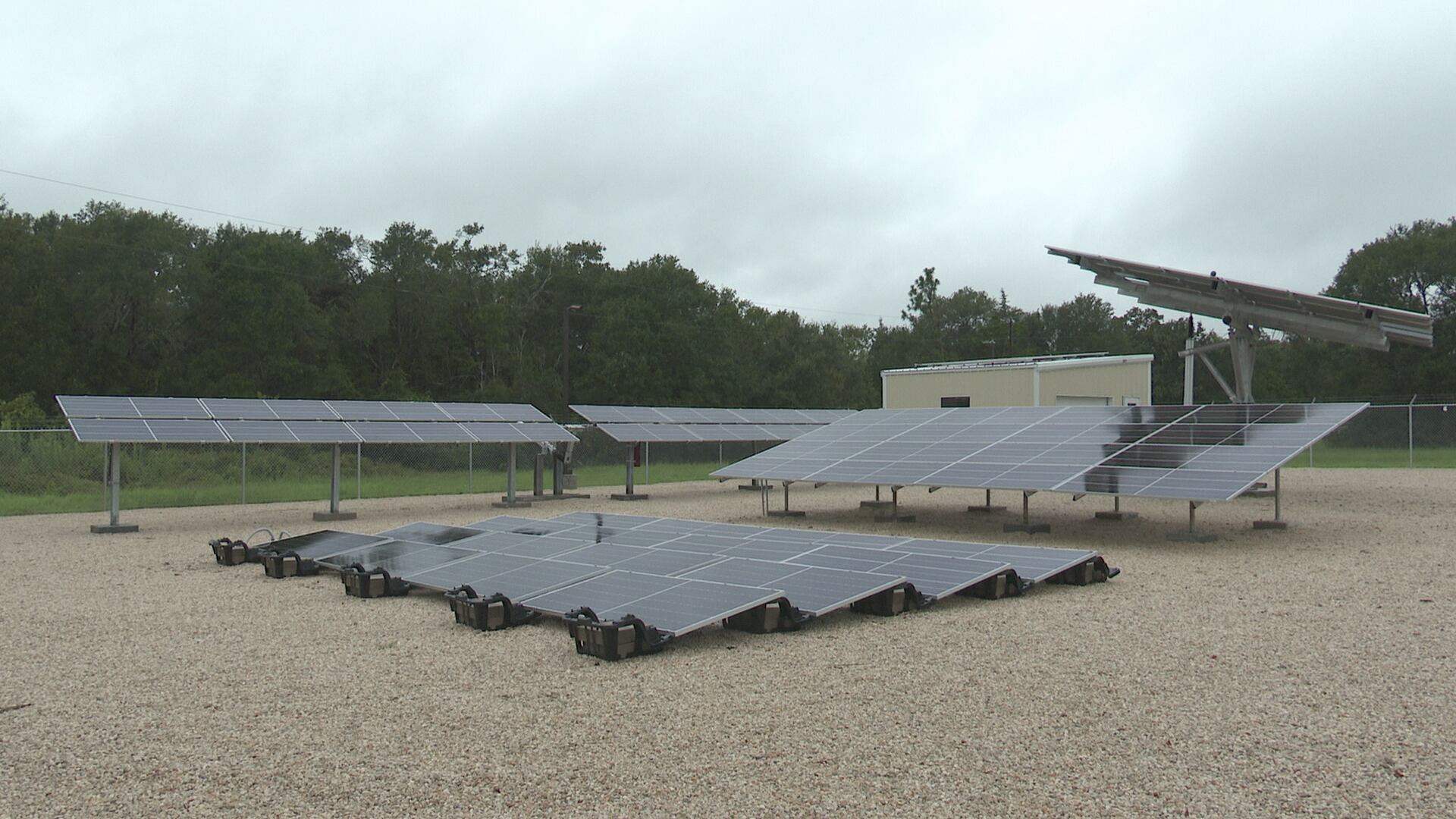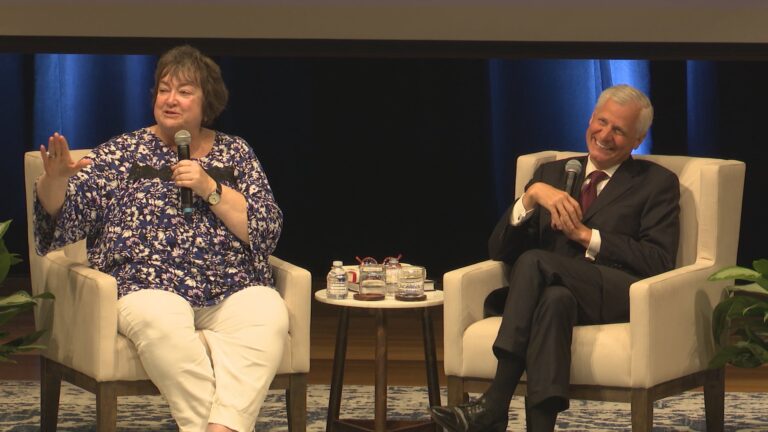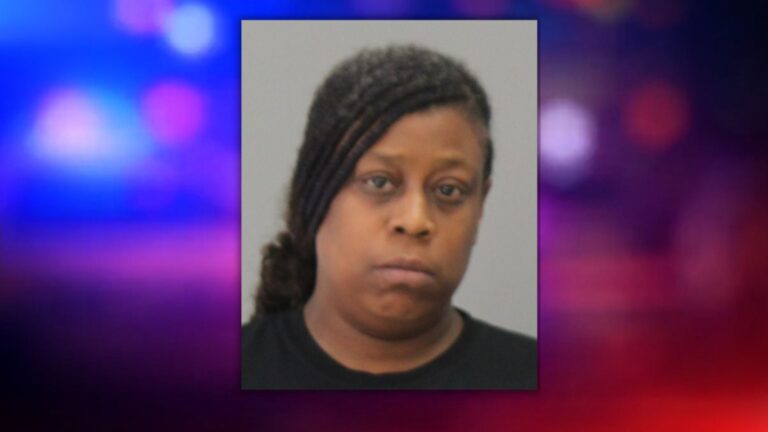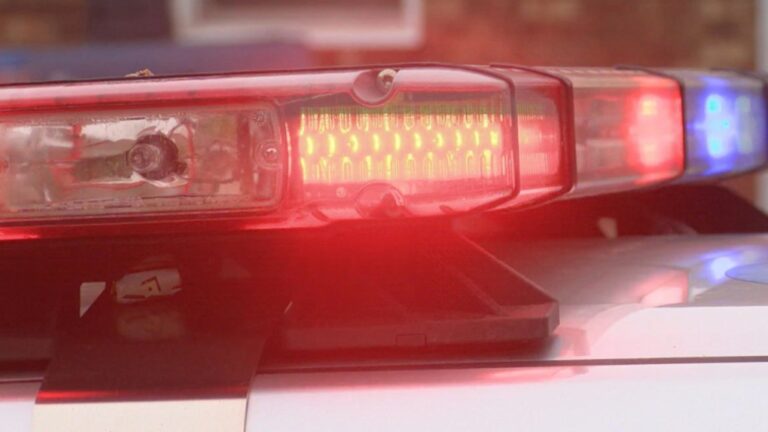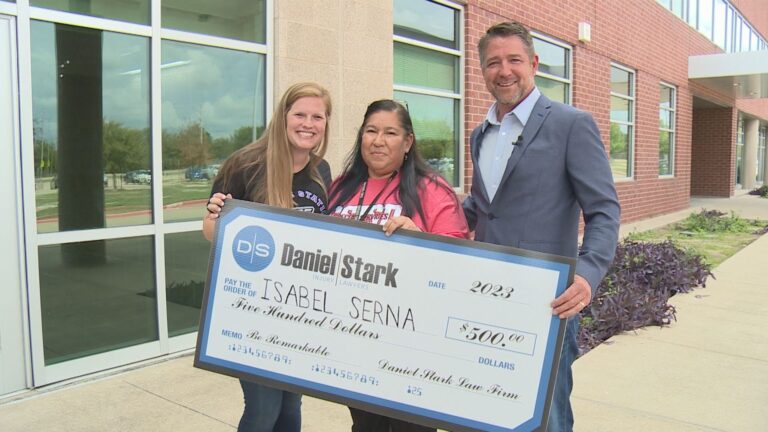‘Our goal is to keep people functioning after disasters’: Students learn about renewable power at Prairie View A&M University solar farm
PRAIRIE VIEW A&M UNIVERSITY, Texas (KBTX) – Following extensive power outages caused by Tropical Storm Beryl, Prairie View A&M University’s solar research lab looks for a renewable solution.
It’s one of many research efforts taking place at the lab where students of different academic levels and areas of focus can apply their knowledge in a practical way.
At the time of this article’s publishing, the sky was dark and overcast. Despite this, solar panels still collected energy from the sun, powering the research lab.
Electrical and computer engineering professor, Dr. Anthony Hill, showed the process through an app on his phone.
“We’re still getting rays from the sun, and right now the system is charging the batteries for night use,” Dr. Hill gave example.
Looking at mass power outages, especially ones caused by natural disasters, Dr. Hill said solar power could step in when power lines are down. In turn, this would minimize the need for gas-powered generators.
”The goal is to make this economical to a point where you can see a difference if you’re running a solar power system. Our goal is to keep people functioning after disasters of the individual location, as well as the entire community area,” said Dr. Hill.
What students learn from the solar lab, Dr. John Fuller said, prepares their students for the realities within the energy industry. One of those realities is the decrease in availability of ‘expendable’ resources like coal and oil.
“You will have to have an alternate system just to keep the way of life that you have here now,” Dr. Fuller explained
For some of those students, grants and fellowship opportunities open the door for future research. More importantly for the two professors, the solar lab gets students looking forward to what they might learn.
“You talk about how you look at that radiation and how this movable panel starts tracking… Getting them excited about engineering,” added Dr. Fuller.
Soon, the solar lab will have access to an electric vehicle to study renewable charging methods.

